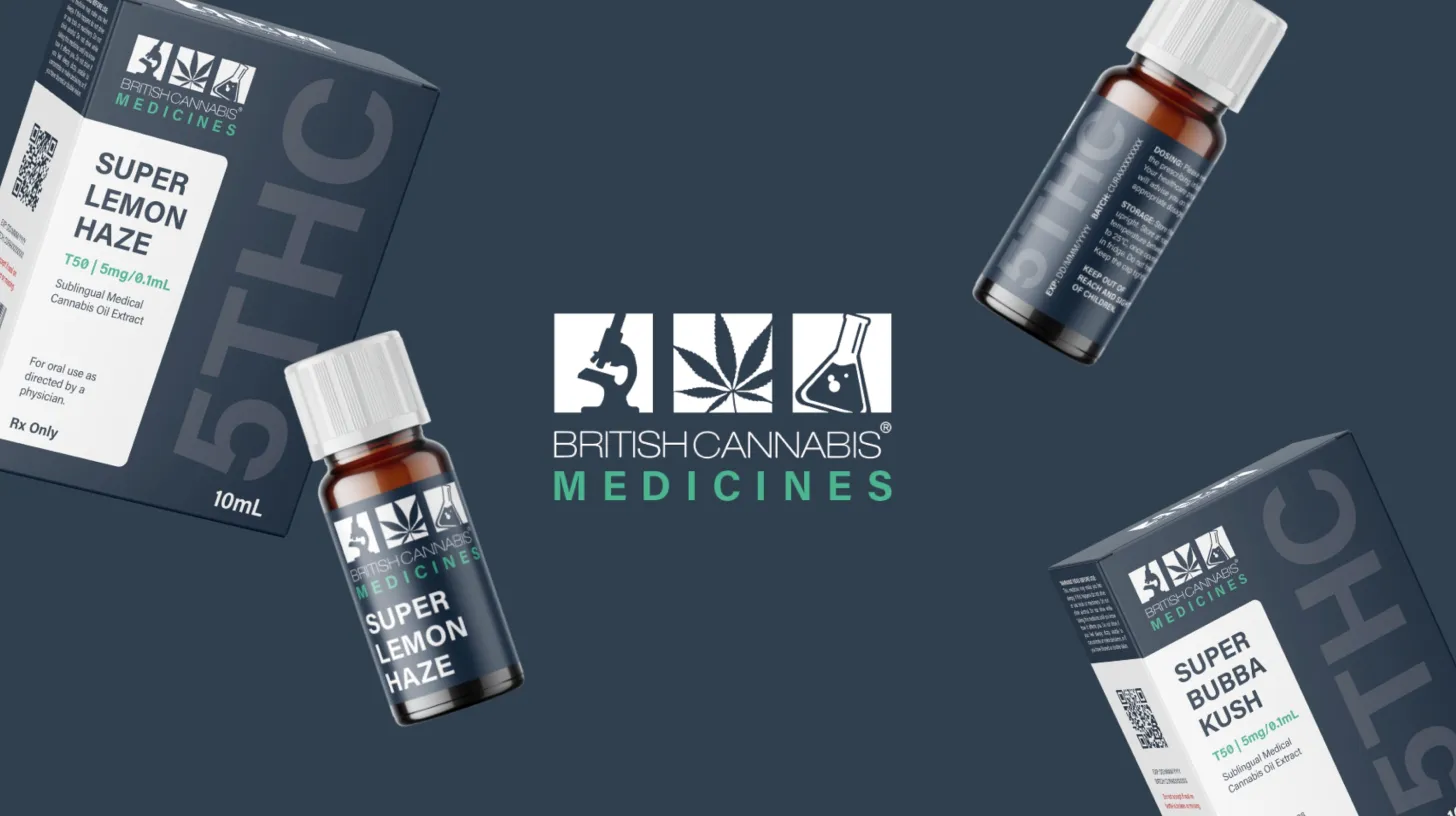
The Unfolding Delays in CBD Product Approval: What’s Keeping the FSA?
In this digital age of wellness trends, the limelight has been shining brightly on CBD products. However, it seems the green light for these brands will continue to flash yellow until 2024. Why? The Food Standards Agency (FSA) awaits legislative alterations, thereby pushing the full approval of CBD products on hold. But delays are more than just calendar markings, they bear implications for suppliers operating within the controlled cannabinoid exemptions, and stakeholders striving to match the industry’s evolving needs.
Key Takeaways:
- Full approval of CBD products will not be granted by the Food Standards Agency until at least 2024.
- The delay stems from awaiting changes to the Misuse of Drugs Act, which currently controls cannabinoids found in most CBD products.
- Suppliers presently work under the ‘three limbs’ exemption permitting the trading of products with controlled cannabinoids under particular conditions.
- Industry insiders and policymakers request an update to CBD laws to align with current industry needs.
- The recommended dose of each controlled cannabinoid in CBD products is to not exceed 50 micrograms per serving.
- The delay has sparked frustration for CBD suppliers adhering to the highest analytical standards.
A knowledgeable source from within the official ranks stated that due to the presence of cannabinoids considered under the constraints of the Misuse of Drugs Act in most CBD products, the FSA could not forward approval recommendations to the health minister. In particular, the psychoactive component of cannabis, THC, and other related cannabinoids are included in the definition of controlled substances.
“The application process continues to move forward with a prospective scenario for endorsement recommendations in 2024,” revealed the insider. Nevertheless, this assumes the introduction of a specific allowable level for controlled cannabinoids in many applications—highlighting another layer of complexity.
Currently, several CBD providers function under the ‘three limbs’ exemption referring to controlled cannabinoids. The terms of this exemption outline that a product’s trade permission hinges on three prerequisites: no intentions of human or animal consumption, the difficulty of recovery, and weighing under a 1mg, or one-thousandth of a gram, threshold.
As the industry evolves, the law maintains its place, posing a friction point. For instance, updates to dictate controlled cannabinoid content per total product volume seem a necessary adaptation. Goodrays CEO Eoin Keenan remarks, “The guidance indicates that the ‘product’ is considered as the container, rather than the dose, which can cause issues for larger pack formats or broad-spectrum products.”
The Advisory Council on the Misuse of Drugs’ report recommends a maximum of 50 micrograms – 50 millionths of a gram – per serving of each controlled cannabinoid in CBD products come December 2021. There’s also the Home Office’s concern about the full disclosure of CBD product contents, as expressed in their 2019 factsheet.
The response to potential legislative changes from a Home Office spokesman signals a desire for clarity and ease for responsible suppliers. However, CBD suppliers’ reactions to this drawn-out FSA process evince disappointment. “It sounds like the FSA is trying to buy themselves more time,” shared Carlo Buckley, CBDfx Europe MD.
With the rigorous assessment of CBD products ongoing, Thomas Vincent, head of chemical safety policy at the FSA, emphasizes that these comprehensive reviews “naturally take some time to complete.”
What British Cannabis™ has to say:
While there’s an inclination in the industry to ramp up dissatisfaction over the slow pace of CBD product approval, it’s critical to note the essence of these regulations. A thorough examination ensures consumer safety and establishes a foundation for growth based on integrity, quality, and extensive research. As we wait for extended progression, British Cannabis™ supports every effort towards clear and comprehensive directives that elevate both the industry and consumer choice in the long run.





